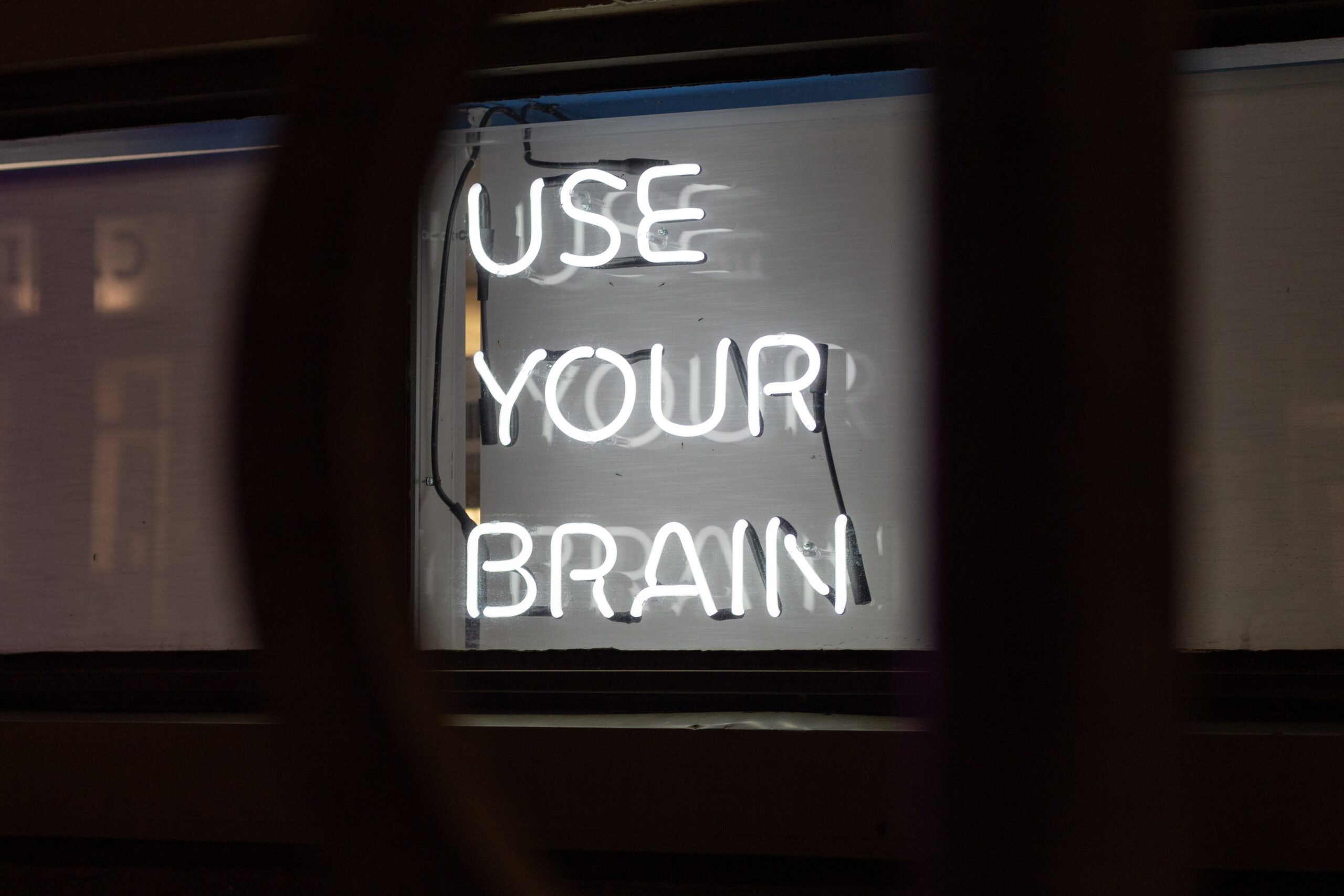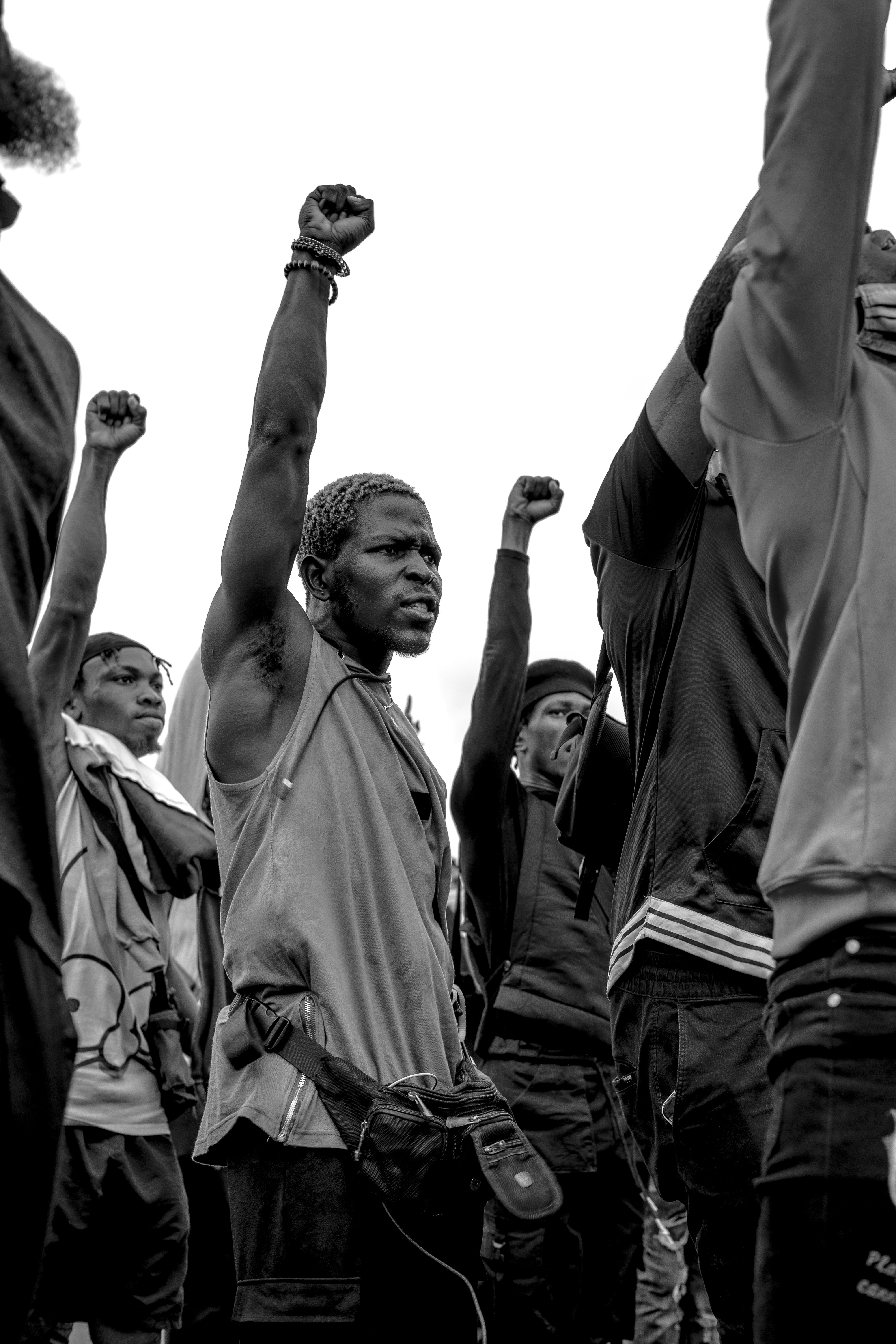Are we able to connect dots and think for ourselves in today’s society? There’s an Albert Einstein quote that sums up the state of affairs of the modern-day person. Small is the number of them that see with their own eyes and feel with their own heart. I believe we have reached this point, which is a state of mind and time in humanity, where independent thinkers are abused, censored, or worst, unable to draw their own conclusions.
So, where does this tie in with connecting the dots? If the global event of 2020 highlighted anything, it made evident that people cannot conduct independent research to build connections and make their minds up for themselves without external powers. Whether it be State, big tech, or influencers often paid to say whatever pays the most.
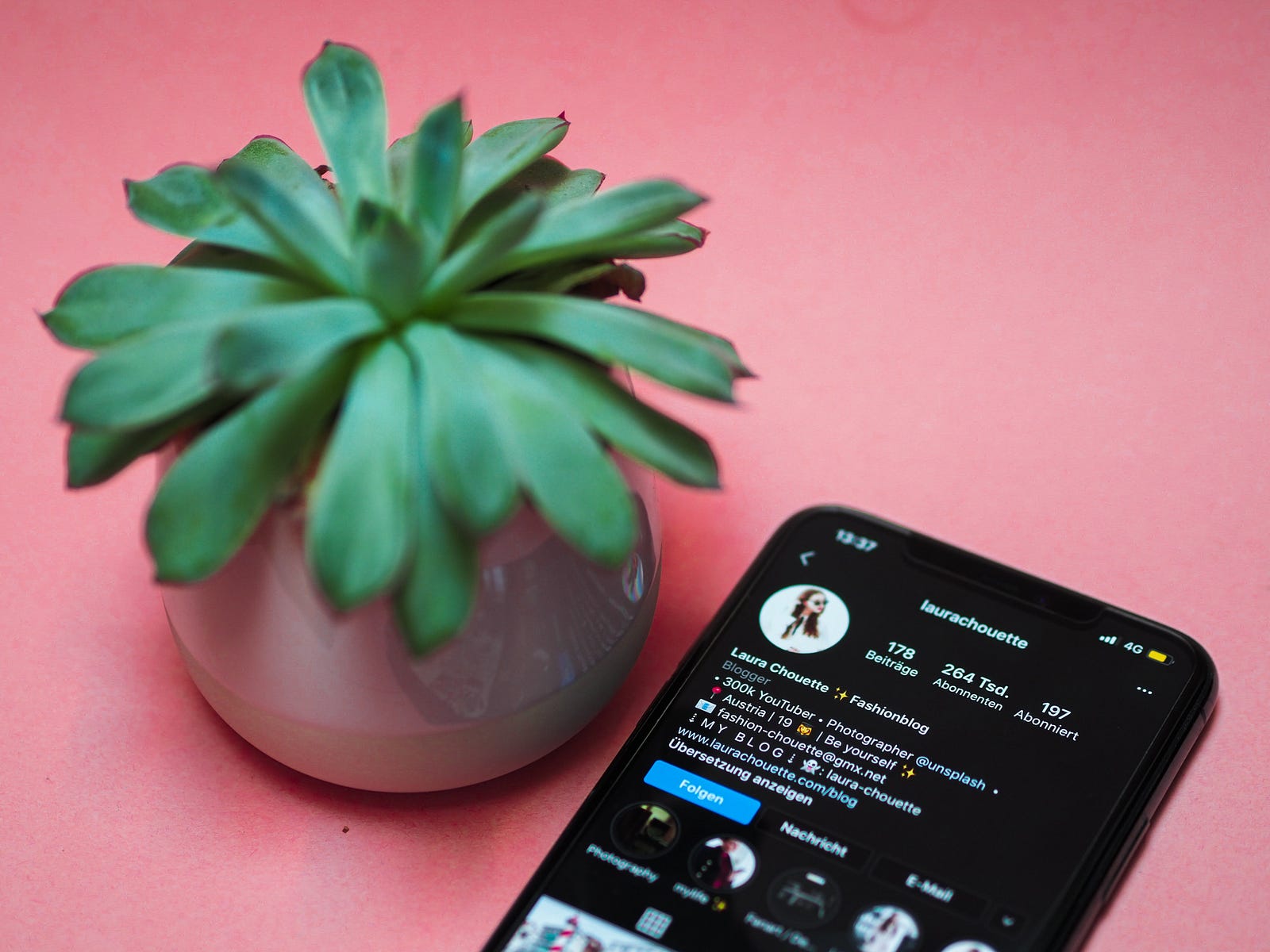
Where did we go wrong?
Are we reaching a crossroads in humanity where we all align to think what the state powers want us to believe?
Maybe. My reason for this begins in the classrooms.
Reflecting on my early education days, as I got older, I realized gaps in my general knowledge. There were specific topics I believe we should have been taught from way early on, but we either weren’t taught enough of or non at all. My long list of “What we should be taught” could be another article topic in itself (maybe it’ll be the next one), but to name a few are;
** How tax really works.
** A proper sex education at various levels, including sexual safety.
** History in a true reflection (including black and brown people’s omitted history)
** And how to find reliable information on the internet
The former UK education secretary, Damian Hinds, mentioned that independent thinking is fundamental and often overlooked. So even government officials are aware of this problem area even though they continue to cut funding for teaching.
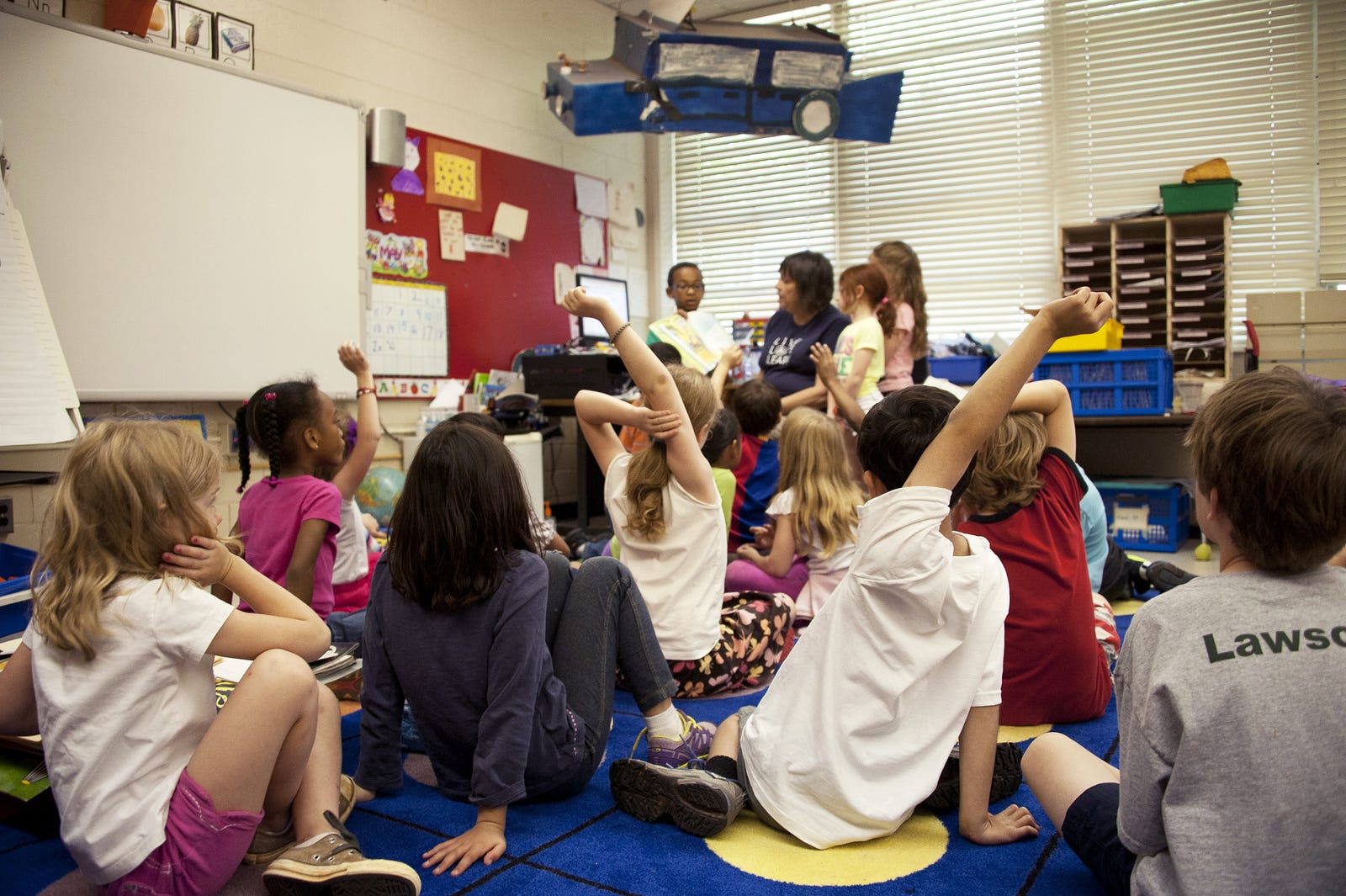
Despite my concerns for the lack of independent thinking generally, at least in the UK, I remember it being allowed to blossom to some extent. An early example was when I was around seven or eight, and we had to create a short story and develop ideas of how we would run the school if we were the headteacher for one week.
At the time I won a prize for coming up with a suggestion on using our playtime for activities other than playing, like making use of computers in the IT room. The computers were usually free those times, and my suggestion was pupils could take turns to use them to create, write and explore. So I have to give credit where credit is due, and though I can be harsh on the UK as a whole, I only do so because I care about it. Okay, enough caveating.
Different teaching methods
On the flip side, in other countries, students are taught differently. Instead of coming up with new innovative thoughts, they are shunned from doing so and at times even punished for not saying things verbatim.
Mr. Greene, an experienced K-12 US teacher, has voiced a similar opinion regarding the lack of critical thinking. One key point he raised was the difficulty in tracking/measuring critical thinking since we don’t have an index of some sort to tell us if it is higher or lower.
Research by Suzanne DeLong mentions that a Systems Decision Process (SDP) can provide the climate for fostering this kind of thinking.
How to connect dots?
I connect the dots by researching almost everything and cross-checking and questioning myself and most definitely state power. I know it’s become somewhat of a cliche phrase
“do your own research”
or DYOR, the abbreviation, but it ultimately is the key to independent thinking, in my opinion (which I probably will need to backtest).
Around twenty years ago, finding the answer to a question like which country has the highest population in Africa, would require perhaps a trip to a library and scan through a large book called an encyclopedia.
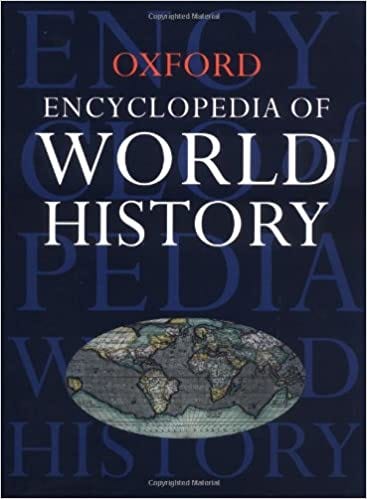
Those days are long gone, and thanks to the internet, we’re able to find it out in seconds. The answer to the question is Nigeria, by the way. With this information, one can draw a link between population and innovation in the potential future. Another way to think independently is listening to both sides of any argument and never ruling anything out. It allows one to view information from a different perspective.
I recently spoke with my niece, who is ten years old about the weather in London. After making a statement that “It’s so cold here, even colder than Russia the coldest country,” she decided to take it upon herself, to search what the coldest country is. And within a few seconds, she found the answer to be in fact (Greenland).
What put a smile on my face was her actively seeking the answer and not just taking my word for it. Perhaps there is hope for things changing, which inspired me to write about this topic.

